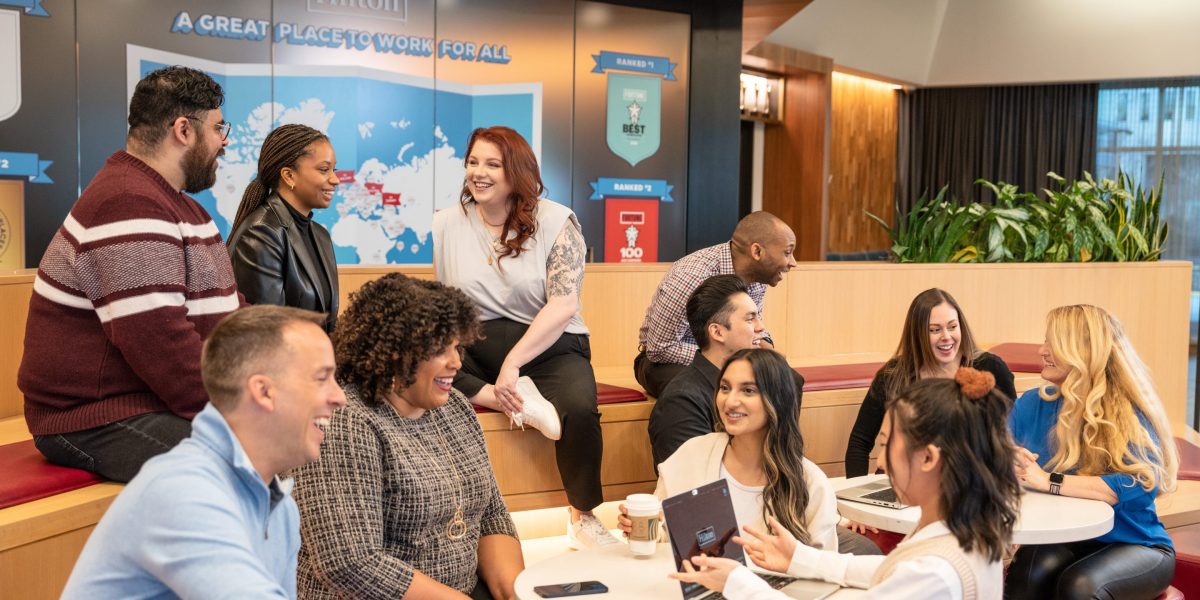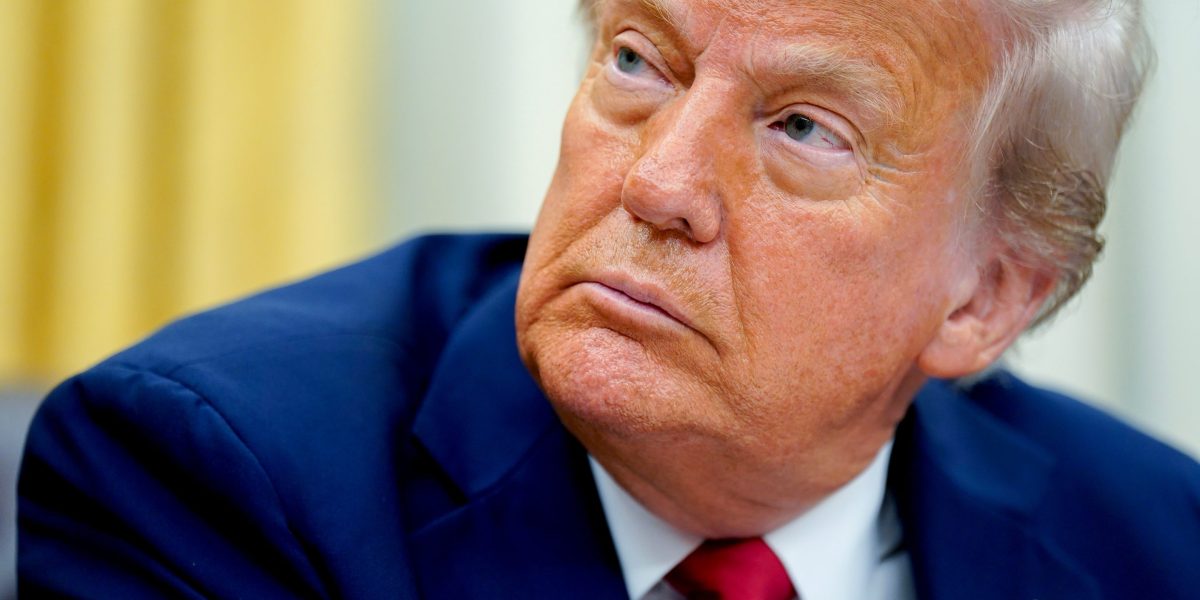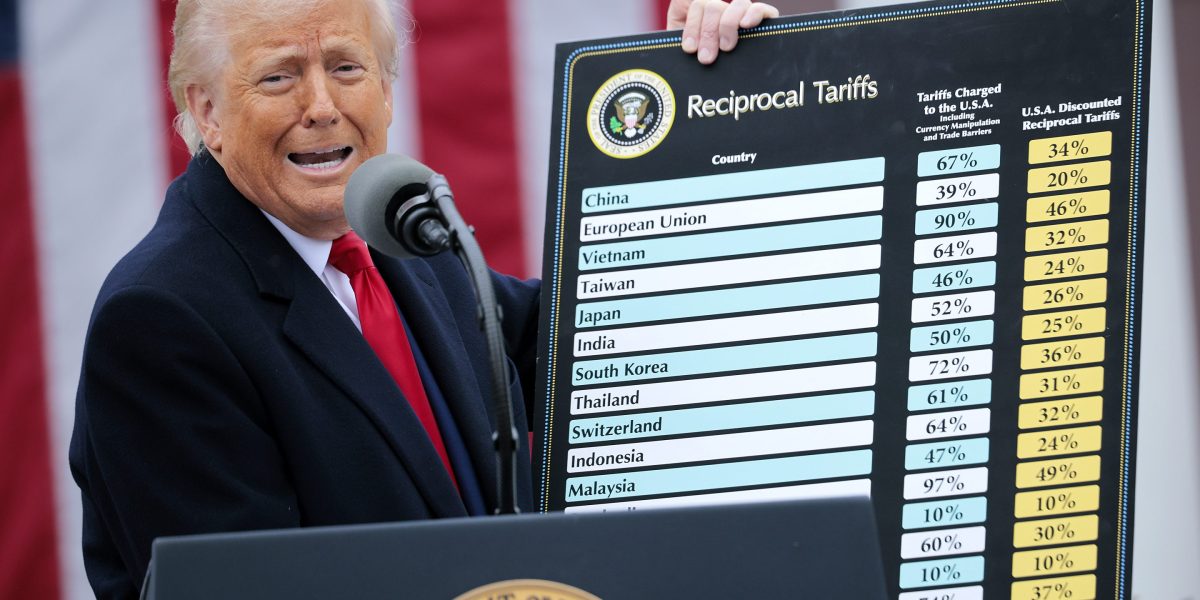A Turkish national and doctoral student at Tufts University has been detained by U.S. Department of Homeland Security agents without explanation, her lawyer said Wednesday.
Rumeysa Ozturk, 30, had just left her home in Somerville on Tuesday night when she was stopped, lawyer Mahsa Khanbabai said in a petition filed in Boston federal court.
Video obtained by The Associated Press appears to show six people, their faces covered, taking away Ozturk’s phone as she yells and is handcuffed.
“We’re the police,” members of the group are heard saying in the video.
A man is heard asking, “Why are you hiding your faces?”
Khanbabai said Ozturk, who is Muslim, was meeting friends for iftar, a meal that breaks a fast at sunset during Ramadan.
“We are unaware of her whereabouts and have not been able to contact her. No charges have been filed against Rumeysa to date that we are aware of,” Khanbabai said in a statement. Ozturk has a visa allowing her to study in the United States, Khanbabai said.
‘This isn’t public safety, it’s intimidation’
Neighbors said they were rattled by the arrest, which happened at 5:30 p.m. on a residential block.
“It looked like a kidnapping,” said Michael Mathis, a 32-year-old software engineer whose surveillance camera captured the arrest. “They approach her and start grabbing her with their faces covered. They’re covering their faces. They’re in unmarked vehicles.”
Tufts University President Sunil Kumar said in a statement that the school learned that authorities detained an international graduate student and the student’s visa had been terminated.
“The university had no pre-knowledge of this incident and did not share any information with federal authorities prior to the event,” Kumar said.
Kumar did not name the student, but university spokesperson Patrick Collins confirmed that Ozturk is a doctoral student in the Graduate School of Arts and Sciences.
Democratic U.S. Rep. Ayanna Pressley called the arrest “a horrifying violation of Rumeysa’s constitutional rights to due process and free speech.”
“She must be immediately released,” Pressley said in a statement. “We won’t stand by while the Trump Administration continues to abduct students with legal status and attack our fundamental freedoms.”
Massachusetts Attorney General Andrea Joy Campbell called the video “disturbing.”
“Based on what we now know, it is alarming that the federal administration chose to ambush and detain her, apparently targeting a law-abiding individual because of her political views,” she said. “This isn’t public safety, it’s intimidation that will, and should, be closely scrutinized in court.”
Court says not to remove Ozturk from the state, but she is listed as being held in Louisiana
U.S. District Judge Indira Talwani issued an order giving the government until Friday to answer why Ozturk was being detained. Talwani also ordered that Ozturk not be moved outside the District of Massachusetts without 48 hours advance notice.
But as of Wednesday evening, the U.S. Immigration and Custom Enforcement’s online detainee locator system listed her as being held at the South Louisiana ICE Processing Center in Basile, Louisiana.
A senior DHS spokesperson confirmed Ozturk’s detention and the termination of her visa.
“DHS and (Immigration and Customs Enforcement) investigations found Ozturk engaged in activities in support of Hamas, a foreign terrorist organization that relishes the killing of Americans. A visa is a privilege, not a right. Glorifying and supporting terrorists who kill Americans is grounds for visa issuance to be terminated. This is common sense security,” the spokesperson told the AP.
Ozturk cowrote article criticizing university response to Palestinian issues
Ozturk was one of four students last March who wrote an op-ed in The Tufts Daily criticizing the university’s response to its community union Senate passing resolutions that demanded Tufts “acknowledge the Palestinian genocide,” disclose its investments and divest from companies with direct or indirect ties to Israel.
Friends said Ozturk was not otherwise closely involved in protests against Israel. But after the piece was published, her name, photo and work history were featured by Canary Mission, a website that says it documents people who “promote hatred of the U.S.A., Israel and Jews on North American college campuses.” The op-ed was the only cited example of “anti-Israel activism” by Ozturk.
Students and faculty elsewhere also have recently had visas revoked or been blocked from entering the U.S. because they attended demonstrations or publicly expressed support for Palestinians. President Donald Trump ‘s administration has cited a seldom-invoked statute authorizing the secretary of state to revoke visas of noncitizens who could be considered a threat to foreign policy interests.
Supporters rally in Somerville
Hundreds of people demonstrated in a park later Wednesday, with speaker after speaker demanding her release and accusing both major political parties of failing to protect immigrants and stand up for Palestinians.
“Free Rumeysa Ozturk now,” the crowd chanted, along with traditional protest slogans such as “Free, free Palestine.” Many held Palestinian flags and homemade signs supporting her and opposing ICE.
Zoi Andalcio, a Somerville business owner, said he came out with his wife and 3-year-old son to speak against the “maddening” arrest of Ozturk and others.
“I’m outraged like everybody else about these disappearances, kidnappings of legal noncitizens, who may or may not have spoken out against the atrocious foreign policy of the United States government,” Andalcio said.
Roz Nazzaro, who held a sign that read “Hands Off,” said she fears the country is heading into an era of “Nazism” in which jpeople ust disappear.
“There is no distinction between undocumented immigrants, documented immigrants, green cards,” said Nazzaro, a retired college administrator from Winchester, Massachusetts. “It’s going to be the citizens next, if you’re the wrong color, wear a hijab.”
‘She’s never spoken badly to anyone’
Before attending Tufts, Ozturk obtained a master’s from the Developmental Psychology program at Teachers College at Columbia University in New York, according to an alumni spotlight article in 2021.
Reyyan Bilge, a psychology professor at Northeastern University and friend, described Ozturk as a “soft spoken, kind and gentle soul,” deeply focused on research and not closely involved in the campus protests.
The two first met at Istanbul Sehir University, where Bilge supervised her thesis, before working on cognitive research and publishing papers together. They remained close after Ozturk arrived in the United States on a Fulbright Scholarship in 2018.
“Over the 10 years I’ve known her, she’s never spoken badly to anyone else, let alone being antisemitic or racist,” Bilge said.
Turkish diplomats contact State Department and ICE
The Turkish Embassy in Washington said it was keeping in regular contact with Ozturk’s family, monitoring the situation closely and engaged in “initiatives” with the State Department and ICE.
It added in a statement on the social platform X that it was making “every effort” to provide consular services and legal support to protect its citizens’ rights.
This story was originally featured on Fortune.com
Source link

 Entertainment8 years ago
Entertainment8 years ago
 Politics8 years ago
Politics8 years ago
 Entertainment8 years ago
Entertainment8 years ago
 Entertainment8 years ago
Entertainment8 years ago
 Tech8 years ago
Tech8 years ago
 Tech8 years ago
Tech8 years ago
 Tech8 years ago
Tech8 years ago
 Politics8 years ago
Politics8 years ago









